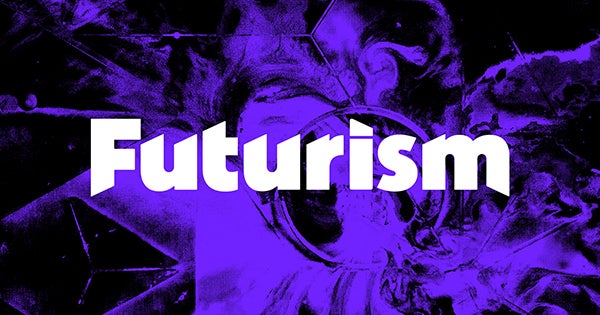Tyler Perry Pauses $800M Studio Expansion Due to OpenAI's Sora
Concepts de base
Tyler Perry halts his studio expansion due to the capabilities of OpenAI's Sora, leading to concerns about job losses and criticism from online users.
Résumé
Filmmaker Tyler Perry decided to halt the $800 million expansion of his Atlanta studio after being impressed by OpenAI's video generation tool, Sora. He expressed amazement at the tool's ability to create various scenes without the need for physical locations. Despite acknowledging potential job losses, critics questioned Perry's motives, suggesting financial constraints and criticizing his past work quality. The debate highlighted concerns about AI impact on industries and raised questions about the future of filmmaking in a digital age.
Personnaliser le résumé
Réécrire avec l'IA
Générer des citations
Traduire la source
Vers une autre langue
Générer une carte mentale
à partir du contenu source
Voir la source
futurism.com
Tyler Perry Nixes Huge Film Studio Expansion, Says He Can Just Green Screen in Backgrounds From OpenAI's Sora
Stats
Tyler Perry paused an $800 million studio expansion.
OpenAI's video generation tool, Sora, impressed Perry.
Concerns were raised about job losses in the industry.
Critics questioned Perry's motives and criticized his work quality.
Citations
"He can’t afford it."
"Tyler Perry has always been about pumping out minimally acceptable content at the cheapest expense."
"His movies can't get much worse."
Idées clés tirées de
by à futurism.com 02-25-2024
https://futurism.com/the-byte/tyler-perry-studio-openai-sora
Questions plus approfondies
How might advancements in AI like Sora impact traditional filmmaking practices?
Advancements in AI tools like Sora can significantly impact traditional filmmaking practices by offering new possibilities and efficiencies. With the ability to generate realistic video content based on text inputs, filmmakers can create scenes that would have been challenging or costly to film traditionally. This could lead to a shift in how movies are produced, with less reliance on physical locations and more emphasis on digital creation. Additionally, AI tools can streamline the production process by reducing the need for extensive sets, props, and travel expenses. However, this also raises concerns about job displacement for workers involved in physical production aspects of filmmaking.
What ethical considerations should be taken into account when integrating AI tools in creative industries?
When integrating AI tools into creative industries like filmmaking, several ethical considerations must be addressed. One major concern is the potential loss of jobs for individuals whose roles may become obsolete due to automation. It is essential for industry leaders to consider retraining programs or alternative employment opportunities for affected workers. Additionally, there are ethical implications surrounding intellectual property rights and ownership of content generated using AI tools. Clear guidelines should be established regarding attribution and copyright issues to ensure fair compensation for creators.
Furthermore, there is a risk of perpetuating biases present in training data used by AI algorithms, leading to discriminatory outcomes in creative works. To mitigate this risk, creators must actively monitor and address bias within their datasets and algorithms throughout the production process.
How can criticisms of artists' work quality influence their decision-making processes?
Criticism of an artist's work quality can have a significant impact on their decision-making processes moving forward. Negative feedback from critics or audiences may prompt artists to reassess their approach, seek improvement areas, or experiment with new techniques to address perceived shortcomings in their work.
In some cases, harsh criticism may discourage artists from taking creative risks or exploring unconventional ideas out of fear of further backlash. Conversely, constructive criticism can serve as valuable feedback that motivates artists to refine their craft and strive for excellence.
Ultimately, artists must strike a balance between heeding valid critiques that contribute to growth while staying true to their artistic vision and voice despite external opinions.
0
